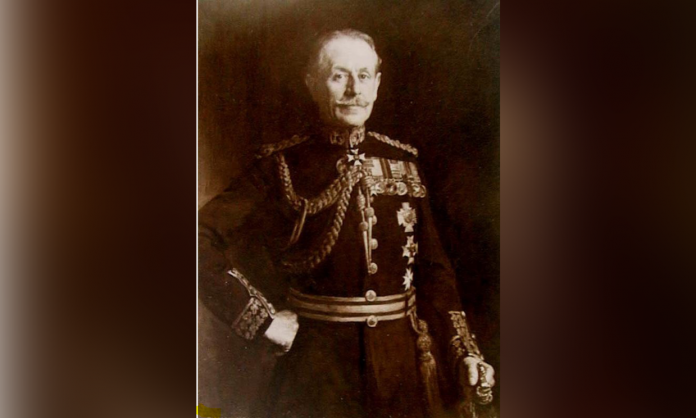The Inspector-General of the Royal Irish Constabulary during the Easter Rising invented the Game of Snooker
by Martin Gleeson
Everyone knows about the Neville Chamberlain who was Prime Minister of the UK from May 1937 until May 1940. On three occasions in September 1938, Chamberlain went to Germany to prevent a general European war. On September 30th, he signed the Munich Agreement and returned to England speaking of “peace with honour” and “peace for our time”. However, he ordered the acceleration of preparations for war.
After Germany had invaded Poland, Chamberlain declared war on September 3rd 1939. Eight months later he resigned as Prime Minister and was succeeded by Winston Churchill. History has been unkind to this Neville Chamberlain and has associated him unfairly with appeasement.
A distant cousin of the man who became Prime Minister, Neville Francis Chamberlain was an officer in the British Indian Army. While serving in India, he rose through the ranks and was appointed Colonel in 1899. In 1900, he was appointed Inspector-General of the Royal Irish Constabulary, the police force for the whole of Ireland except Dublin. The RIC was responsible for maintaining order and gathering intelligence. Chamberlain’s years in charge of the RIC coincided with a rise in political and cultural organisations which had the aim of separating Ireland from the UK. The Irish Volunteers had been formed in 1913.
Initially Chamberlain warned that the Irish Volunteers were preparing to stage an insurrection and proclaim Irish independence. However, in 1916, when he learned of plans to land arms and a rising at Easter, he declared that he was “doubtful whether there was any foundation for the rumour.”
The Easter Rising began on Easter Monday, 24th April 1916 and ended only when much of O’Connell Street had been destroyed by artillery fire. Although a Royal Commission cleared the RIC of any blame for its mishandling of the Easter Rising, Chamberlain was forced to resign as Inspector-General following criticism of the force’s intelligence handling.
Years before his policing career in Ireland, while serving in Jabulpur in central India in 1975, Neville Chamberlain, then a Lieutenant, claimed to have invented the game of snooker. In this quiet army base, the officers in the mess normally played the cue game ’black pool’. Chamberlain’s new game used 15 red balls, and six more in different colours. The cue ball was white. Because new cadets were often called ’snookers’, the game was called Snooker.
Thus, Snooker originated in India, spread to Britain and the rest of the world, and on to China.The World Snooker Championship on television is viewed by 300 million, 200 million in China.
Although his superiors did not judge him well as Chief of the RIC during the Easter Rebellion, Neville Francis Chamberlain’s place in history has been assured by his invention of a table game with 22 balls and a cue.








